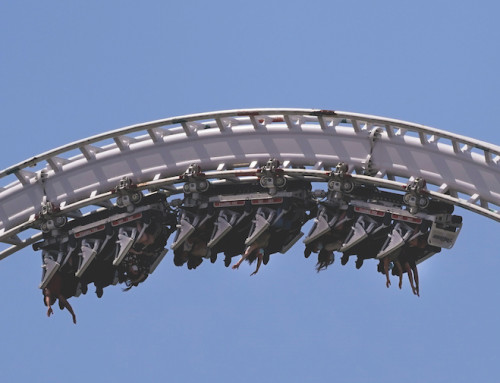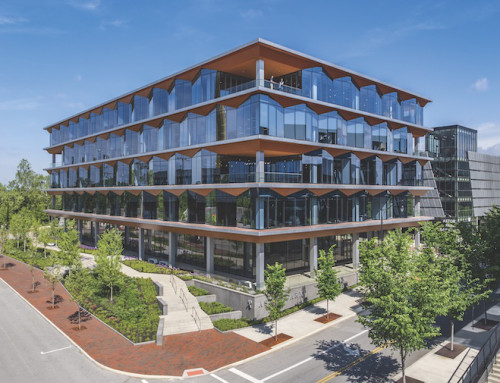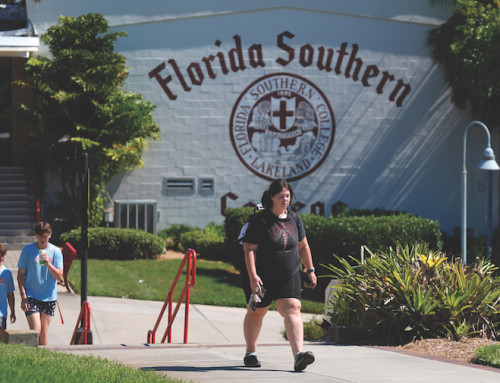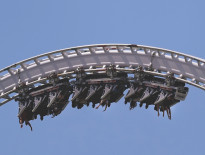Six Columbus-area businesses have been awarded funding from the state’s Third Frontier program to support research and commercialization of early-stage technologies.
The Third Frontier Commission earlier this week approved a total of $2 million in grants for 10 organizations around the state through the Technology Validation and Start-up Fund program “to provide research and development in fields including life sciences, advanced materials, AI and sensors,” according to state development officials.
The program is designed to enable companies to raise funds and move licensed technology to the marketplace faster “by accelerating commercialization through activities such as market research and further prototyping.”
“Ohio is where dreamers and doers can come together to transform the future,” said Lydia Mihalik, director of the Ohio Department of Development and chair of the Ohio Third Frontier Commission. “Through this round of grant funding, we’re supporting the bright minds who will pave the way for advancement not only in our state, but across the globe.”
A Lewis Center firm, ASAKE Biotechnology LLC, was awarded $200,000 to commercialize a probiotic supplement for weight loss.
The dietary supplement is meant to be consumed orally and is expected to eventually be easily accessible and cost-effective in comparison to traditional approaches through metabolic wellness, according to state officials.
Some of the funds will be used to develop a minimum viable product. The technology is being licensed by Ohio University.
LegacyAcres LLC in Columbus was awarded $200,000 to commercialize a digital platform that simplifies farm succession planning by centralizing asset management.
The web-based solution is intended to “empower farm owners by enabling them to make informed decisions about the future of their resources for generations to come.”
Some of the funds will be used to conduct market research and additional testing with users. The technology is being licensed by The Ohio State University.
NecoTech LLC in Delaware was awarded $200,000 to commercialize cold-patch material that rapidly patches pavement.
The material creates a bond between cold mix and hot mix asphalt, with the asphalt repair material being used to fix potholes without the need for specialized equipment.
Some of the funds will be used for additional material testing and market launch. The technology is being licensed by the U.S. Army.
The Research Institute at Columbus’ Nationwide Children’s Hospital was awarded $200,000 to continue operating the existing program known as the Technology Development Fund. The goal of the fund is to support projects aimed at advancing intellectual property along the commercialization pathway with the hope of eventually licensing to business partners, according to state officials.
SenselCs Corporation in Columbus was awarded $200,000 to commercialize a chip for light detection and ranging systems, a technology that is optimized for high-resolution altimetry. Examples of applications include terrain mapping, flood risk assessment and forestry profiling.
Some of the funds will be used to simulate performance in the field. The technology is being licensed by The Ohio State University.
Shaun Francis LLC in Dublin was awarded $200,000 to commercialize prescription-strength acne treatment without the requirement of a prescription via a new U.S. Food and Drug Administration regulatory pathway.
The treatment bridges the gap between prescription medication and over-the-counter medication by having prescription-grade efficacy with nonprescription accessibility. Some of the funds will be used for clinical trials.
The technology is being licensed by the Research Institute at Nationwide Children’s Hospital.
In other regions of the state, Saturn Sports LLC in Cincinnati was awarded $200,000 to commercialize a smart chin strap system that provides instant feedback when a sports helmet is not tight enough in football, hockey and lacrosse.
With the utilization of sensors and visual indicators, coaches and parents can promptly be notified. Some of the funding will be used for field study. The technology is being licensed by the U.S. Army.
Cincinnati-based Carbon Copy Assets Inc. was awarded $200,000 to commercialize an interactive kiosk platform for use by retail stores and restaurants. The sensor technology can create a link on the user’s mobile device for a personalized experience.
Some of the funds will be used to test commercial features in live environments. The technology is being licensed by the University of Cincinnati.
Cyrannus Inc, located in Bay Village, was awarded $200,000 to commercialize an investment platform that revolves around primary and secondary venture deals.
The technology consists of artificial intelligence that processes and analyzes unstructured and heterogeneous data into structured, readable data.
Some of the funds will be used to conduct pilot studies. The technology is being licensed by the U.S. Navy.
North Canton-based Relantic Inc. was awarded $200,000 to commercialize an artificial intelligence-powered platform that processes multimodal data.
The platform synthesizes real-world data into actionable reports for technical researchers. Utility companies are expected to be the initial target customers.
Some of the funds will be used for marketing and business development. The technology is being licensed by The Ohio State University.









